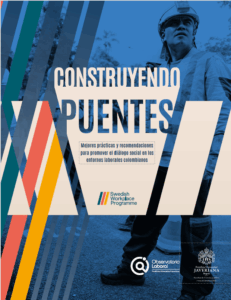Social Dialogue is defined as, “Negotiation, consultation, or simply the exchange of information among representatives of governments, employers and employees, at a regional, sectorial and/or workplace level.” Applying social dialogue is an innovative approach to crisis management.
The key advantages of adopting a social dialogue approach include the promotion of human rights within the workplace. Social dialogue is instrumental in addressing the concerns of the employer and the employee as challenges and solutions can be handled jointly.
The approach promotes a sense of fairness, ownership and trust, which is known to reduce stigmas within the workplace, promote gender inclusiveness and favor productive relations between management and employees. Employee morale and productivity are as well likely to increase. The positive effects of social dialogue are felt not only through the employees but as well through their families, communities and societies.
Companies sharing cases
During the SWP webinar in April who gathered 48 participants from Sub-Saharan Africa, companies shared experience on their practical implementation of the promotion of the dialogue between management and employees.
Scania Kenya
Githaiga Kamwenji (HR Director Scania East Africa) shared that they have established crisis committees made up of both management and employees tasked with establishing local solutions for promoting business continuity. The committee has also been a key tool in ensuring the discussion on labour issues. It was noted that there are labour issues of concern which have come up due to the COVID -19 pandemic. These relate to sick leave, possibility of shift work, introduction of short time and possible retrenchment in some cases as businesses have been recording a slump in productivity adjustments, which has made social dialogue a crucial part of the running of day to day business.
Sodeico Group DRC
A case study from the DRC was shared which demonstrated the positive outcomes of fostering partnerships beyond the workplace, where strategies, innovations and solutions can be shared. As shared by Djo Moupondo (Executive Director of Sodeico Group), they have established partnerships with suppliers, customers and government which has enabled their implementation of strategies where they have secured business continuity and ensured that employees are safeguarded.




